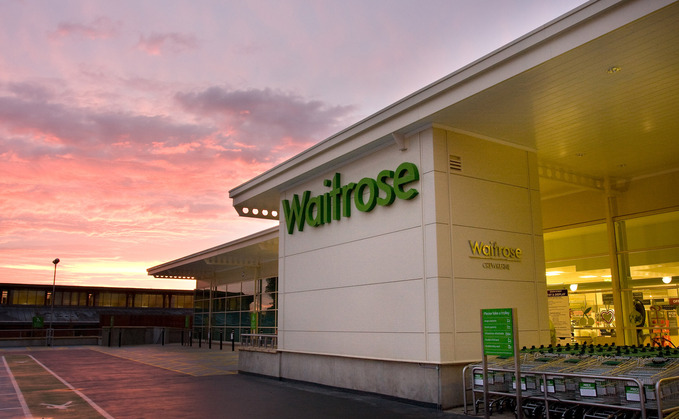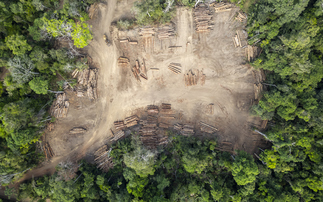
Company announces raft of new targets and policies designed to reduce the impact of John Lewis and Waitrose on nature
The John Lewis Partnership has committed to ensuring the soy, palm oil, cocoa, beef, leather, timber, and man-made cellulosic materials in its own-brand products do not cause deforestation, as part of a new package of measures announced this morning designed to help nature and reduce carbon emissions.
The zero-deforestation pledge forms part of the John Lewis and Waitrose owner's new "Plan for Nature", which the company said had been designed to reduce the impact of the businesses' commercial activities on the natural world.
In addition to the new pledge, the company announced it has partnered with charity WWF on a £2m fund that will support ecosystem protection and regeneration projects in the UK and India and pledged to fund sustainable water management programmes in three key fresh-produce sourcing areas.
The firm has also vowed to ensure all key raw materials in its own-brand products will be from "sustainable or recycled sources" by 2025, and to reduce the emissions produced by agricultural processes on its farm in Hampshire to net zero a year by 2024.
Echoing similar moves from the likes of Ikea, Selfridges, and a number of supermarkets, the company has also set out its intention to explore business models that encourage more sustainable consumption habits, by developing more rental, resale, and return opportunities across its fashion, home, and technology ranges.
Marija Rompani, director of ethics and sustainability at John Lewis Partnership, said it was critical to take immediate action to heal the UK's depleted nature reserves.
"The UK currently languishes in the bottom 10 per cent of global countries for its abundance of nature," she said. "That's unacceptable and given the tiny window in which we have to get this right, delaying action is simply not an option.
"This is why we're going back to our roots and focusing our efforts on protecting and restoring nature. Whether it's eliminating fossil fuel use across our transport operations, investing millions in conservation projects in regions where we source our products, or helping our farmers make the transition to net zero, we are acting where we can make the biggest impact."
The announcement comes as the government has faced searing criticism from leading environmental groups, MPs and business leaders for its plans to introduce a new law that would empower it to remove and revoke hundreds of environmental protections.
Ministers' plans to create at least 38 'investment zones' where housing and commercial developments could be given the go-ahead at sites that were previously protected have also been slammed by conservation groups.
However, the government has insisted it remains committed to its overarching environmental target to halt biodiversity loss by 2030.









